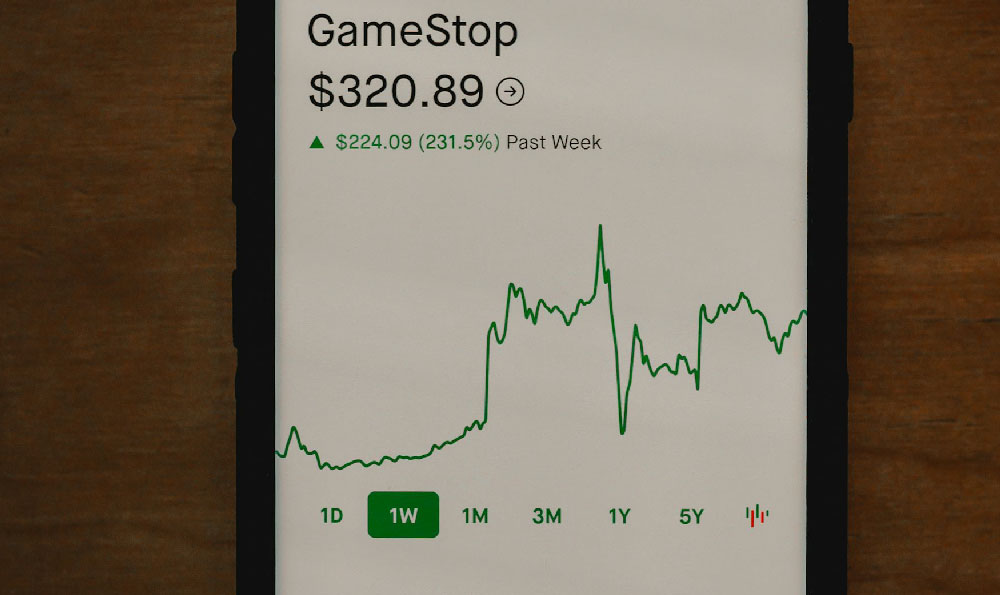How does GoodRx make money, and is it ethical?
GoodRx, a name synonymous with prescription drug savings for many Americans, operates a business model that's both ingenious and complex. Understanding how they generate revenue is crucial, but equally important is examining the ethical dimensions of their practices, especially concerning data privacy and transparency.
The core revenue stream for GoodRx is derived from partnerships with Pharmacy Benefit Managers (PBMs) and pharmacies. PBMs, acting as intermediaries between drug manufacturers, insurance companies, and pharmacies, negotiate drug prices. GoodRx displays discounted prices negotiated with these PBMs and pharmacies, often lower than the cash price or even the insured price for some individuals. When a consumer uses a GoodRx coupon at a pharmacy, GoodRx receives a commission from either the PBM or the pharmacy (or both). This commission is typically a small percentage of the total transaction value. The magnitude of this commission can vary depending on the specific drug, the pharmacy, and the PBM agreement. This is the cornerstone of their business. They are essentially facilitating a discount service and profiting from the volume of transactions they drive to participating pharmacies.
Further revenue generation happens through subscriptions. GoodRx offers subscription services like GoodRx Gold and GoodRx Care. GoodRx Gold provides even steeper discounts on prescription drugs, typically appealing to individuals without insurance or with high-deductible plans. This subscription fee provides a more predictable revenue stream and incentivizes users to repeatedly utilize the GoodRx platform for their prescription needs. GoodRx Care, on the other hand, facilitates telemedicine consultations and online prescription fills. This service charges consultation fees and earns revenue from the prescriptions generated through their online platform. This expands their service offerings beyond simply providing discount coupons, making them more of an integrated healthcare solution.

Another significant, and often controversial, revenue source comes from data. GoodRx collects vast amounts of user data, including the medications people are searching for, the pharmacies they prefer, and their geographic location. This aggregated and anonymized data is valuable to pharmaceutical companies, research institutions, and other healthcare organizations. It helps them understand market trends, identify patient needs, and refine their marketing strategies. While GoodRx claims to anonymize this data, the sheer volume and specificity raise concerns about potential re-identification and the ethical implications of profiting from sensitive health information. They have faced scrutiny for sharing user data with companies like Google and Facebook for advertising purposes, even when promising anonymity. This practice raises questions about user consent and the potential for targeted advertising based on health conditions.
Examining the ethical implications necessitates a multi-faceted approach. On one hand, GoodRx undoubtedly provides a valuable service by making prescription drugs more affordable and accessible, particularly for the uninsured and underinsured. They are effectively disrupting the traditional pharmaceutical pricing model, which can be opaque and unfair. By increasing price transparency, GoodRx empowers consumers to make informed decisions about their healthcare spending. They have democratized access to discounts, benefiting a significant portion of the population struggling to afford essential medications.
However, ethical concerns arise primarily around data privacy and transparency. The collection and use of user data, even when anonymized, raises legitimate concerns about potential misuse and the erosion of privacy. The company's history of sharing user data with advertising platforms further exacerbates these concerns. While GoodRx has taken steps to address these concerns, such as implementing stricter data anonymization protocols and providing users with more control over their data, ongoing vigilance is crucial. Users need to be fully informed about how their data is being collected, used, and shared.
Another ethical consideration is the potential impact on smaller, independent pharmacies. While GoodRx provides a platform for these pharmacies to reach a wider audience, the negotiated discounts may squeeze their profit margins, potentially making it harder for them to compete with larger chains. This could lead to pharmacy closures, particularly in underserved communities, which would ultimately limit patient access to medications. This creates a complex ethical dilemma: are the savings provided to individual consumers worth the potential harm to smaller businesses vital for community health?
Finally, the reliance on PBMs, which are often criticized for their lack of transparency and potential conflicts of interest, raises questions about the long-term sustainability of the GoodRx model. If PBMs change their pricing practices or renegotiate their agreements with GoodRx, the company's ability to offer deep discounts could be compromised. This highlights the inherent dependence on a system that is already under scrutiny for its opaque practices.
In conclusion, GoodRx operates a complex business model that offers significant benefits to consumers seeking affordable prescription drugs. Their revenue model is primarily commission-based, derived from partnerships with PBMs and pharmacies, supplemented by subscription services and data monetization. While GoodRx provides a valuable service by increasing price transparency and affordability, ethical concerns surrounding data privacy, transparency, and the potential impact on independent pharmacies must be carefully considered. The company needs to prioritize user privacy, be transparent about its data practices, and work towards a more sustainable and equitable pharmaceutical pricing model to truly fulfill its mission of making healthcare accessible to all. Users should be aware of the trade-offs involved and take steps to protect their privacy when using the platform. The future success and ethical standing of GoodRx will depend on their ability to balance profitability with responsible data management and a commitment to fair and transparent practices within the pharmaceutical industry.















